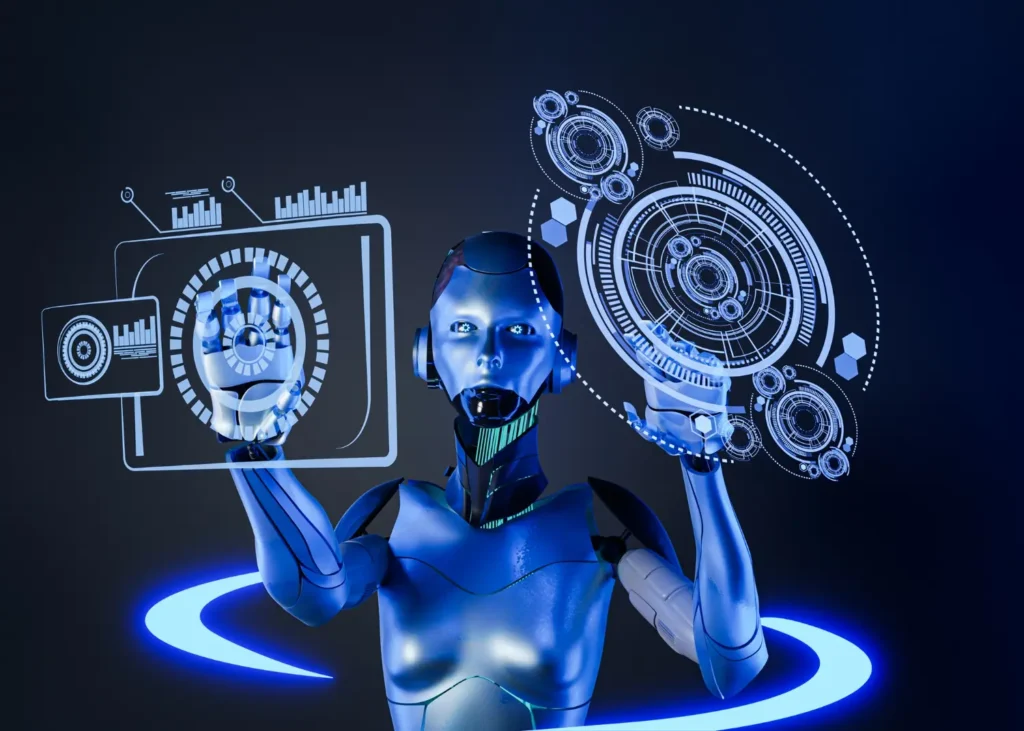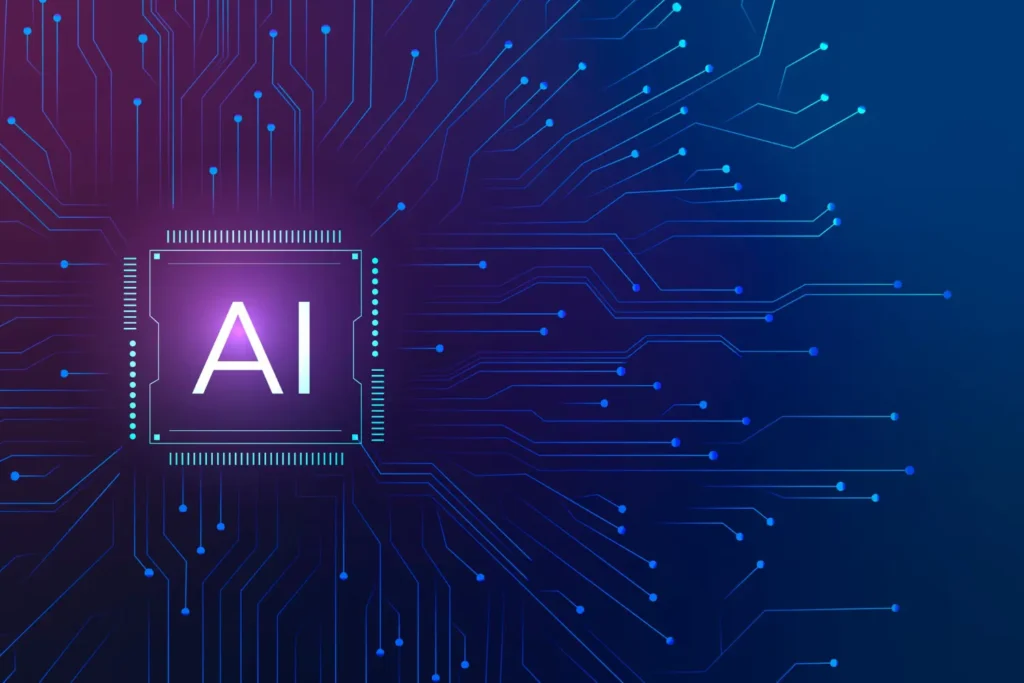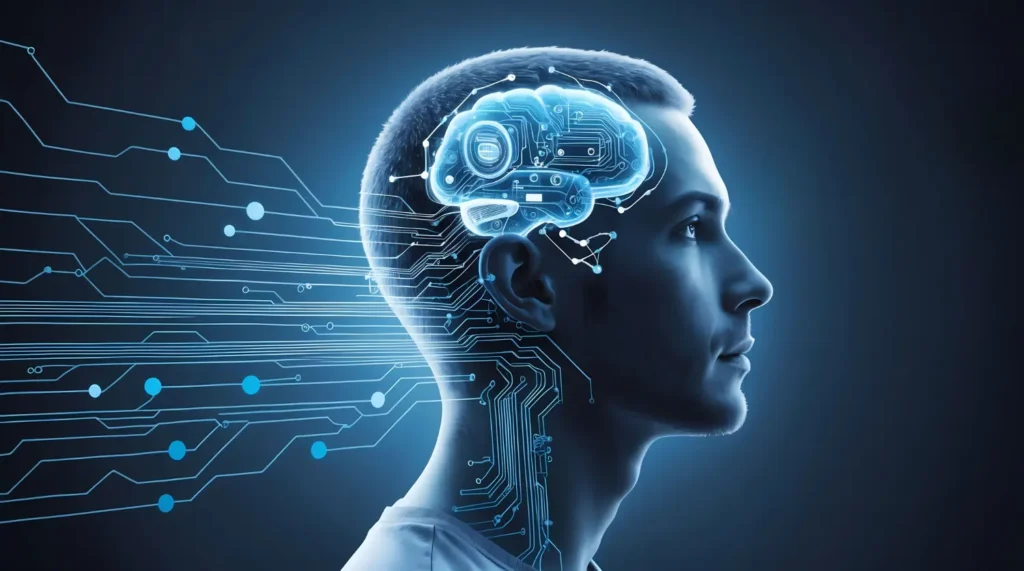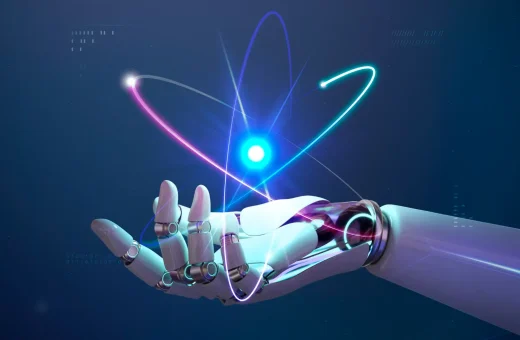The Rise of Artificial Intelligence: What You Need to Know
- KNOWLEDGE
Artificial Intelligence (AI) has transformed from a futuristic concept into a significant part of our everyday lives. Its influence spans various industries, from healthcare and finance to entertainment and transportation. This blog post explores the rise of AI, its impact, and what you need to know to stay informed about this rapidly evolving technology.
Understanding Artificial Intelligence
What is AI?

Artificial Intelligence refers to the capability of a machine to imitate intelligent human behavior. It involves creating algorithms and systems that can perform tasks requiring human intelligence, such as problem-solving, learning, and decision-making.
Types of AI
- Narrow AI: Designed to perform specific tasks, such as virtual assistants (e.g., Siri, Alexa) or recommendation systems (e.g., Netflix, Amazon).
- General AI: A more advanced form, capable of understanding, learning, and applying intelligence across a wide range of tasks, similar to human cognitive abilities. This is still largely theoretical and not yet realized.
- Artificial Superintelligence: Hypothetical AI that surpasses human intelligence across all areas, including creativity and problem-solving. This remains speculative and a topic of debate among experts.
- What to Do: Partake in traditional rituals such as drawing an omikuji (fortune-telling paper) and cleansing your hands at the temple’s water basin.
- Insider Tip: Visit early in the morning to experience a quieter, more reflective atmosphere.
Key Developments and Applications


Advancements and Applications in AI
Recent advancements in AI include breakthroughs in machine learning, natural language processing, and robotics. These developments have enabled AI systems to achieve tasks that were once thought impossible, such as beating human champions in complex games (e.g., AlphaGo) and generating human-like text.
- Healthcare: AI aids in diagnosing diseases, personalizing treatment plans, and predicting patient outcomes. For example, AI algorithms can analyze medical images to detect anomalies earlier than traditional methods.
- Finance: AI is used for fraud detection, algorithmic trading, and personalized financial advice. Machine learning models can identify patterns in financial data to predict market trends.
- Transportation: Self-driving cars and traffic management systems leverage AI to enhance safety and efficiency. Companies like Tesla and Waymo are pioneering autonomous vehicle technology.
- Entertainment: AI-driven recommendation engines personalize content on streaming platforms, while AI-generated art and music explore new creative possibilities.
Ethical and Social Implications

Privacy and Security
AI’s ability to process vast amounts of data raises concerns about privacy and security. The collection and analysis of personal data by AI systems require robust safeguards to protect against misuse and breaches.
Bias and Fairness
AI systems can inherit biases present in the data they are trained on, leading to unfair outcomes. Ensuring fairness and transparency in AI algorithms is crucial to prevent discrimination and promote ethical use.
Impact on Employment
The automation of tasks through AI can lead to job displacement, as certain roles become redundant. However, AI also creates new job opportunities and demands new skills, emphasizing the need for workforce reskilling and adaptation.
The Future of AI

Emerging Trends
- Explainable AI (XAI): Efforts are underway to make AI systems more transparent and understandable to users, improving trust and accountability.
- AI and Human Collaboration: The future of AI involves enhancing human capabilities rather than replacing them. Collaborative AI systems can assist in complex decision-making and creative processes.
- Ethical AI Development: Ongoing research and regulations aim to address ethical concerns and ensure that AI technologies are developed and deployed responsibly.
Conclusion
The rise of Artificial Intelligence represents one of the most significant technological advancements of our time. Its impact is profound, shaping various aspects of our lives and industries. By understanding AI’s capabilities, applications, and implications, we can better navigate the opportunities and challenges it presents. Staying informed and engaged with AI developments will help us leverage this technology effectively and responsibly.
- Experience, Journey, Philosophy

Hello! This is VK
Welcome to our website! Here, you'll find motivational tips, farming advice, inspiring quotes, health tips, and daily discoveries from my travels—all aimed at fostering positivity. Join us to motivate yourself, learn, stay healthy, and enjoy life!
Twenty years from now you will be more disappointed by the things that you didn’t do than by the ones you did do.
- Mark Twain






